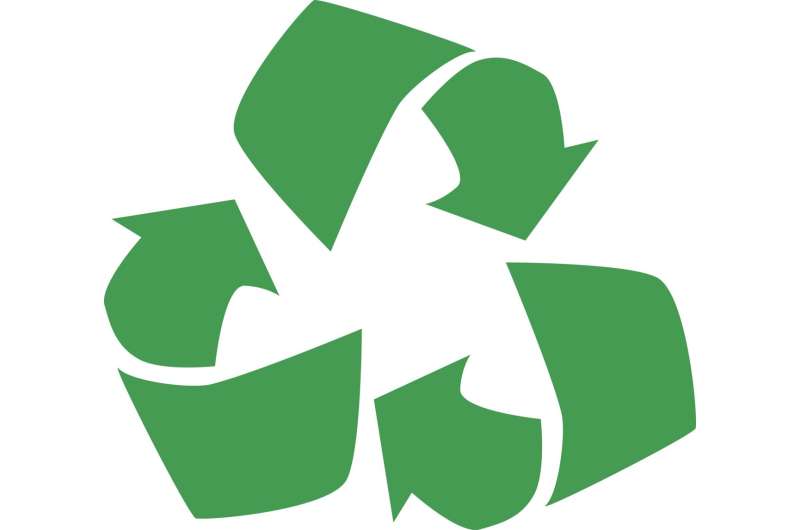This article has been reviewed according to Science X's editorial process and policies. Editors have highlighted the following attributes while ensuring the content's credibility:
fact-checked
trusted source
proofread
Closing the loop on circular economics

Many of us are looking for ways to make our lives and activities more sustainable and reduce the amount of waste we generate. One way to achieve these goals is by embracing the concept of a circular economy. In a circular economy, resources are used more efficiently, waste is minimized, and materials are recycled or repurposed, creating a closed-loop system where materials and products are constantly reused or regenerated.
One trend that goes around in this economic circle is the emergence of peer-to-peer (P2P) online platforms that connect people with something to sell or donate to people who need or want a given product. Within this, we also see the upcycling or repurposing of old products for sale to others.
Research in the International Journal of Export Marketing, has looked at why people resell second-hand products on such online platforms. The study, by Saleem Ur Rahman and Hannu Makkonen of the School of Marketing and Communication at the University of Vaasa in Finland, collected and analyzed data from more than 3,000 people in Finland. The team found that there are various disparate reasons why people choose to resell items they no longer need on these platforms. Some simply want to make money, others do it for the fun of it, and yet others find it an engaging part of their being social. Interestingly, the study found that practical, generative, and protestor motives do not influence reselling behavior.
The researchers suggest that these findings might help policymakers keen to improve society's green credentials, to understand how people use these platforms, and develop regulations to ensure consumer protection as well as to encourage this kind of circular economic activity with a view to reducing waste. The research also offers some insights for platform developers and operators who might now tailor specific services based on the motives of their users.
Closing the loop on the circular economy could help us reduce waste and materials destined for simple recycling or, worse, landfill, create new economic opportunities, and promote sustainable use of resources.
More information: Hannu Makkonen et al, Is this a new era for old goods Analysing the motives for second-hand product resale in the platform economy, International Journal of Export Marketing (2023). DOI: 10.1504/IJEXPORTM.2023.10053980
Provided by Inderscience





















